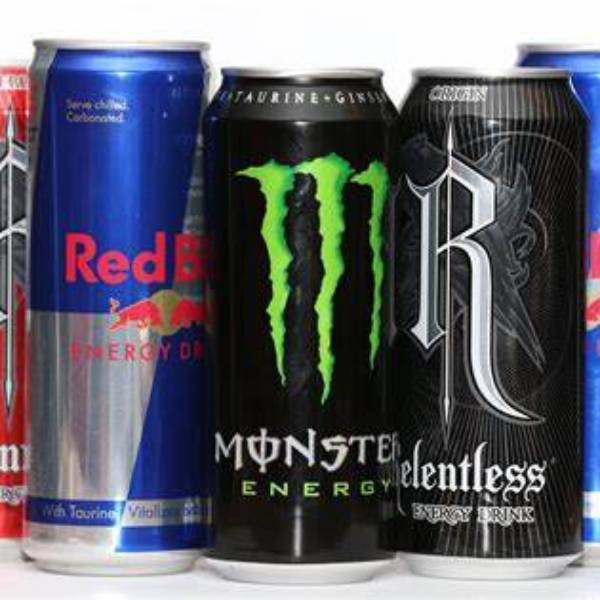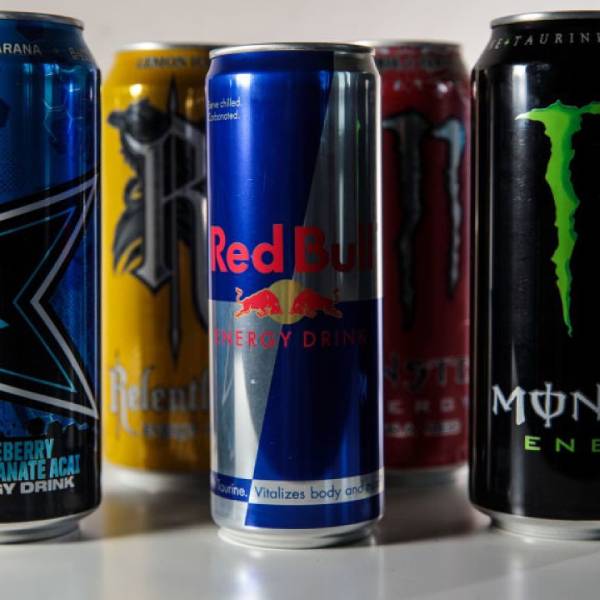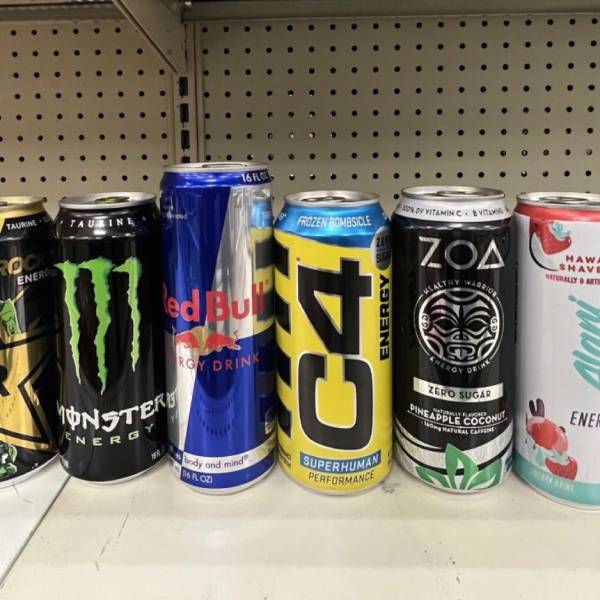Energy drinks have surged in popularity in recent years. Many people view these drinks as a quick boost for energy and focus. However, bad energy drinks pose significant risks to health. This article explores the dangers associated with these drinks and helps consumers make informed choices.

Bad Energy Drinks and Caffeine Overload
Understanding Caffeine Content
Many consumers overlook the caffeine content in energy drinks. A typical energy drink often contains over 300 mg of caffeine. This amount exceeds the daily recommended limit for most adults. Excessive caffeine intake can lead to immediate health problems. Users might experience rapid heart rates and increased anxiety levels. Insomnia becomes a frequent companion as well, disrupting sleep patterns. Furthermore, frequent consumption can damage the cardiovascular system over time. Individuals should remain vigilant and read labels carefully. They should also consider the cumulative effects of multiple energy drinks.
Making Informed Choices
Besides caffeine, energy drinks may contain other stimulants. These additional ingredients can amplify the negative effects of caffeine. For example, high sugar content can contribute to weight gain and energy crashes. Consumers should weigh these risks against any potential temporary benefits. Opting for healthier alternatives can provide more balanced energy without the side effects.
Natural options like herbal teas or smoothies serve as great substitutes. These drinks often offer nutrients and hydration, which promote overall health. Readers should consider how their choices impact both short-term and long-term well-being. Understanding the ingredients in energy drinks can help individuals make informed decisions. Ultimately, taking a few extra moments to read labels can lead to healthier lifestyles.
Bad Energy Drinks and High Sugar Content
The high sugar content in energy drinks poses significant health risks. Many of these beverages offer around 30 grams of sugar per serving. This amount far exceeds the daily recommended intake for added sugars. Such excessive sugar consumption contributes directly to weight gain and issues like obesity. When individuals consume these drinks regularly, they increase their risk of developing serious health conditions. For instance, they may face a greater likelihood of Type 2 diabetes or heart disease. This reality calls for awareness among consumers about their choices.

The Cycle of Consumption
Moreover, sugar impacts energy levels in more ways than one. People often experience sudden energy crashes after consuming high-sugar drinks. These crashes create a vicious cycle, prompting them to reach for more energy drinks soon after. Consequently, some individuals may develop a dependency on these products. This dependency complicates efforts to reduce sugar intake and improve overall health.
Additionally, the allure of quick energy can overshadow the long-term consequences. Education on the risks associated with sugar-laden energy drinks is crucial. Individuals should prioritize healthier alternatives. By choosing options low in sugar, they can avoid the harmful effects tied to sugar consumption. Overall, moderation and mindfulness prove essential in navigating the maze of energy drink options.
Bad Energy Drinks and Unregulated Ingredients
The Risks of Unregulated Ingredients
Bad energy drinks frequently contain questionable and unregulated ingredients, which can pose health risks. Many brands add herbal supplements and amino acids, claiming these boost performance. These claims often lack scientific backing and rigorous testing. Consequently, consumers should remain wary of these products, as their ingredients may not be safe or effective. Ingredients like guarana and taurine can amplify the effects of caffeine, leading to overstimulation. Moreover, mixing these components irresponsibly can result in severe health consequences.
Making Informed Decisions
To protect your health, always research these ingredients before trying energy drinks. Understanding how each ingredient interacts with your body can help you make better choices. Look for brands that provide transparent information about their formulations. Additionally, be skeptical of bold claims without scientific evidence. By becoming a more educated consumer, you will reduce potential risks associated with energy drinks. Remember, moderation is key, even with drinks that seem harmless. Prioritize your well-being over quick boosts in energy and performance. Implementing these strategies will help you enjoy your favorite beverages safely and responsibly.
Bad Energy Drinks and Dehydration Risks
The Risks of Dehydration
Dehydration poses a significant risk when consuming energy drinks. Many of these beverages contain high levels of caffeine, which acts as a diuretic. This means that they increase urination, leading to greater fluid loss. When individuals engage in physical activities, they face even higher risks of dehydration. As they sweat more, their bodies lose vital fluids quickly, which can lead to serious health issues. For example, dizziness and cramps often arise from insufficient hydration. In extreme cases, dehydration can even cause heat exhaustion, posing serious dangers.

Staying Hydrated is Essential
To mitigate these risks, it’s crucial to drink plenty of water. Pairing fluid intake with energy drink consumption can help counteract dehydration effects. Maintaining hydration promotes overall health and sustains energy levels. Individuals participating in sports or intense workouts should be especially vigilant. They should monitor their fluid intake diligently to prevent complications.
Moreover, it’s wise to choose energy drinks wisely and know their caffeine content. Not all energy drinks carry the same risks, and some may have lower caffeine levels. Staying informed empowers consumers to make healthier choices. Ultimately, being mindful of hydration will enhance performance and support well-being. Choosing Bang Energy Drinks wisely can help manage caffeine intake, ensuring you stay hydrated and perform at your best.
Bad Energy Drinks and Mental Health Impacts
The Risks of Dehydration
Dehydration poses a significant risk when consuming energy drinks. Many of these beverages contain high levels of caffeine, which acts as a diuretic. This means that they increase urination, leading to greater fluid loss. When individuals engage in physical activities, they face even higher risks of dehydration. As they sweat more, their bodies lose vital fluids quickly, which can lead to serious health issues. For example, dizziness and cramps often arise from insufficient hydration. In extreme cases, dehydration can even cause heat exhaustion, posing serious dangers.
Staying Hydrated is Essential
To mitigate these risks, it’s crucial to drink plenty of water. Pairing fluid intake with energy drink consumption can help counteract dehydration effects. Maintaining hydration promotes overall health and sustains energy levels. Individuals participating in sports or intense workouts should be especially vigilant. They should monitor their fluid intake diligently to prevent complications.
Moreover, it’s wise to choose energy drinks wisely and know their caffeine content. Not all energy drinks carry the same risks, and some may have lower caffeine levels. Staying informed empowers consumers to make healthier choices. Ultimately, being mindful of hydration will enhance performance and support well-being. When selecting energy drinks, be cautious, especially with Energy Drinks with Most Caffeine, as they can significantly impact your health and hydration.
Bad Energy Drinks and Vulnerable Populations
Certain populations are especially vulnerable to the dangers of bad energy drinks. Adolescents and young adults should stay vigilant. Their bodies are still developing, and excessive caffeine can harm their health. Pregnant women should also avoid energy drinks. The potential impact on fetal development could result in serious complications. Parents must educate their children about safe consumption practices. Avoiding the worst energy drinks is crucial for adolescents and pregnant women to protect their health and ensure healthy development.
The Path Forward: Choosing Wisely
Awareness is the first step towards making better choices. Consumers need to be informed about the potential dangers of bad energy drinks. Always read product labels and pay attention to caffeine and sugar levels. Opt for brands that disclose their ingredient lists and provide information about potential risks. Encouraging healthier alternatives, such as natural juices or herbal teas, can be beneficial. Ultimately, the choice lies in the hands of the consumer. Stay safe and drink wisely.